Directory
- Share
Vishal Vasanthakumar
- Scholar
- India
- 2023 PhD Sociology
- St Edmund's College
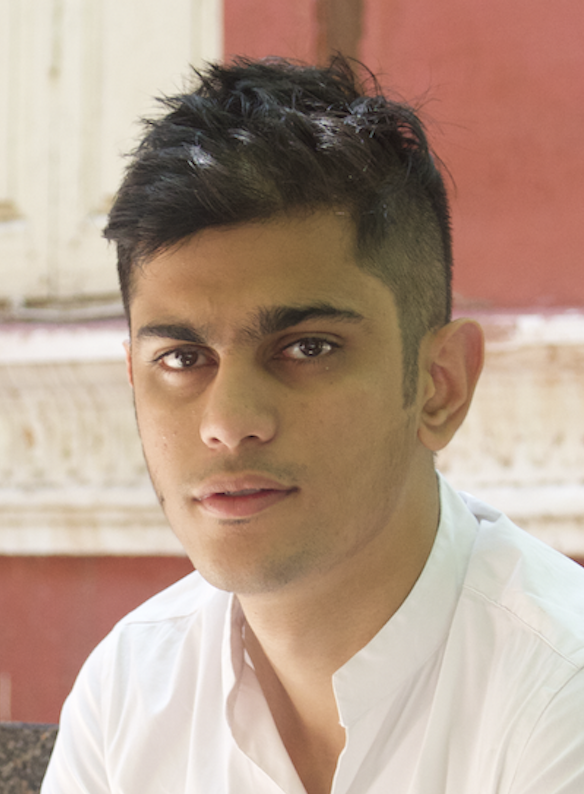
Vishal Vasanthakumar
- Scholar
- India
- 2023 PhD Sociology
- St Edmund's College
What does education do? What roles does education play in shaping people’s identities, values and lifeworlds? Having worked as a teacher, a political consultant and a program manager with state education departments in India, I have been keen to derive a deeper understanding of what education does. My first book, titled “The Smart and the Dumb”, takes a journalistic view of how education and culture intersect in India and is due for release in early 2023 by Penguin Randomhouse. My PhD research will focus on how elite education in India creates and reproduces caste and class identities. Through my research, I hope to unpack the mechanisms of how identities reproduce and manifest themselves in new forms through education and how elites contribute to these dynamics.
Previous Education
Harvard University International Education Policy 2020
Anna University Mechanical Engineering 2016
Arushi Vats
- Scholar
- India
- 2023 PhD History of Art
- Christ's College
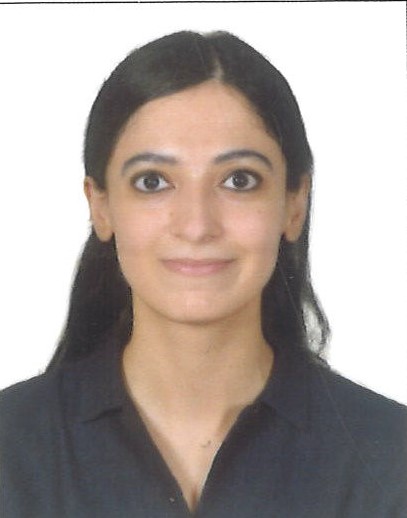
Arushi Vats
- Scholar
- India
- 2023 PhD History of Art
- Christ's College
After completing my graduate studies at Jawaharlal Nehru University in New Delhi, I have worked in the culture industry of India, focusing on contemporary art of South Asia as a researcher, critic, and curator. Being involved with organisations that challenge authoritarianism, I am interested in how art and activism intersect in powerful and necessary ways. My learning in art has been shaped by ‘doing’—working with artists and collectives, working against capitulatory institutions, and working towards sites of freedom. It is a mode of learning driven by shared spaces, cross-disciplinary pollination and open pedagogies such as reading groups, writing workshops, and public seminars. Such formats of ‘thinking with’ are integral to my scholarship. My research on the mediatic transfers between the photographic and painted image emerging from cites of civic resistance in India will chart a history of lively contestation over notions of the public sphere, articulations of dissent, acts of collective organising, and assertions of difference. By engaging with the history of civic action from below, I hope to draw vital insights into the evolving political ecology of resistance, and its cultural afterlife as image and icon.
Aditi Vedi
- Alumni
- Australia
- 2015 PhD Haematology
- Trinity College
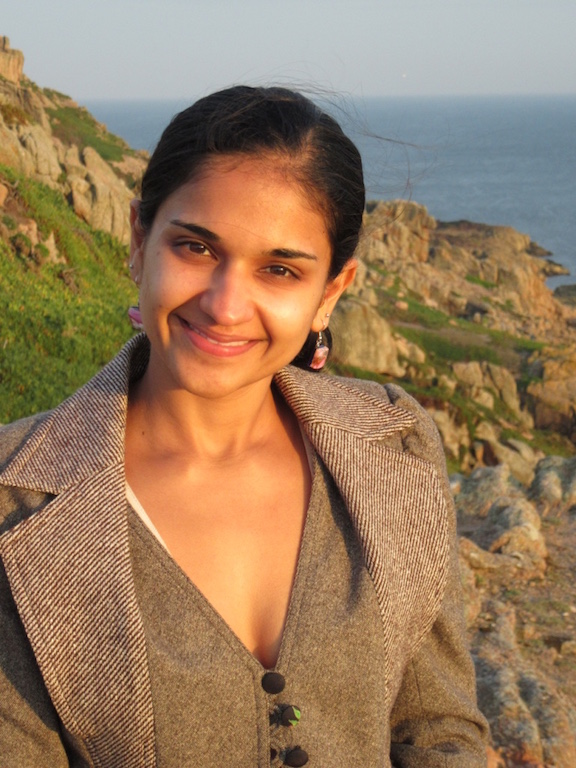
Aditi Vedi
- Alumni
- Australia
- 2015 PhD Haematology
- Trinity College
Children have an innate ability to bring joy to and captivate those around them with their vitality and innocence. My passion for paediatric health and welfare stems from their resilience and eternal optimism - improving the lives of children is my core belief and central motivation for paediatric oncology. I derive my childhood and education from Australia, cultural heritage from India and passion for children’s healthcare and equity of access from both. I graduated with a Bachelor of Science, Medicine and Surgery from the University of New South Wales, and Masters in Medicine from the University of Sydney. Currently I am a clinical fellow with the Royal Marsden NHS Foundation Trust, developing new treatments for refractory cancers, having previously trained in paediatrics and haematology/oncology with Sydney Children’s Hospital. My research in Cambridge will focus on childhood leukaemia, and explore the role quiescent cancer stem cells play in refractory and relapsed disease. My greater goal is to continue paediatric stem cell research in Australia as a clinician scientist.
Previous Education
University of Sydney
University of New South Wales
Kaitlin Veenstra
- Alumni
- United States
- 2013 MPhil Architecture and Urban Design
- Girton College

Kaitlin Veenstra
- Alumni
- United States
- 2013 MPhil Architecture and Urban Design
- Girton College
Previous Education
University of Notre Dame Bachelor of Architecture 2013
Alexandria Nicole Velasco
- Scholar
- United States
- 2025 MPhil Archaeology
- Christ's College
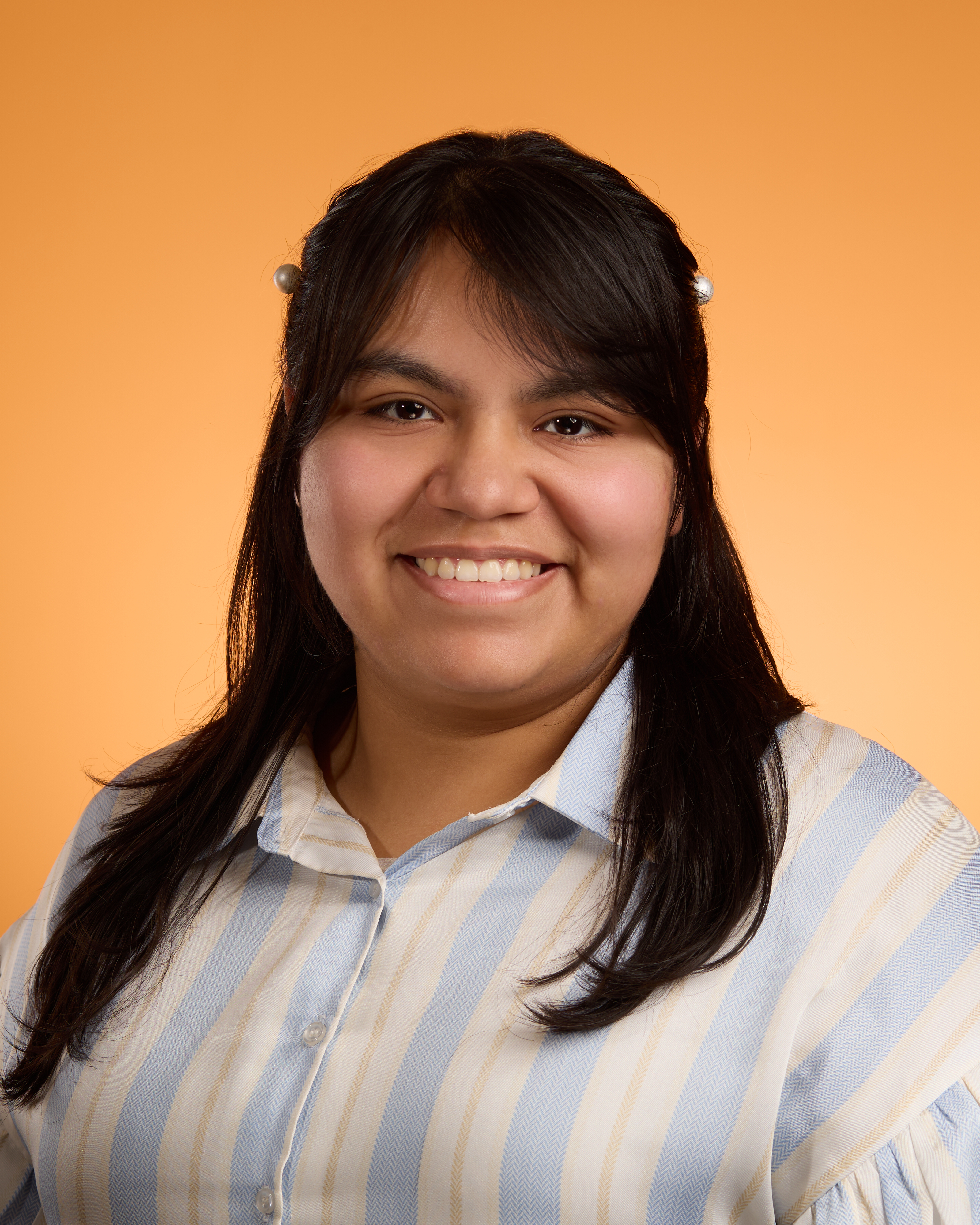
Alexandria Nicole Velasco
- Scholar
- United States
- 2025 MPhil Archaeology
- Christ's College
I was born and raised in Los Angeles and attended the University of California, Los Angeles, where I completed a B.A. in Anthropology, with a minor in Spanish and Chicana/o Studies. From the start, it was clear that I love history! And I am excited by the prospect of being in the same spaces where ancient people once lived and grappling with the essence of those who came before us. At the University of Cambridge I will study the Archaeology of the Americas, with a particular focus on North America and Mesoamerica. My experiences and coursework at UCLA have equipped me with a deep appreciation for the complexities within the various social and ethnic groups which compose Los Angeles, California, and beyond. My purpose in studying Archaeology is to dig deeper (literally and figuratively!) into the history of underrepresented and indigenous communities, attempting to understand what exactly is our past, and how we can use it to plan and perfect our future. I’m excited and honored to be joining the Gates Cambridge community and attend the University of Cambridge, and hope to contribute to all the historically significant impacts made by scholars worldwide.
Previous Education
University of California Los Angeles Anthropology
Vaithish Velazhahan
- Alumni
- United States
- 2018 PhD Biological Science at the MRC Laboratory of Molecular Biology
- Sidney Sussex College
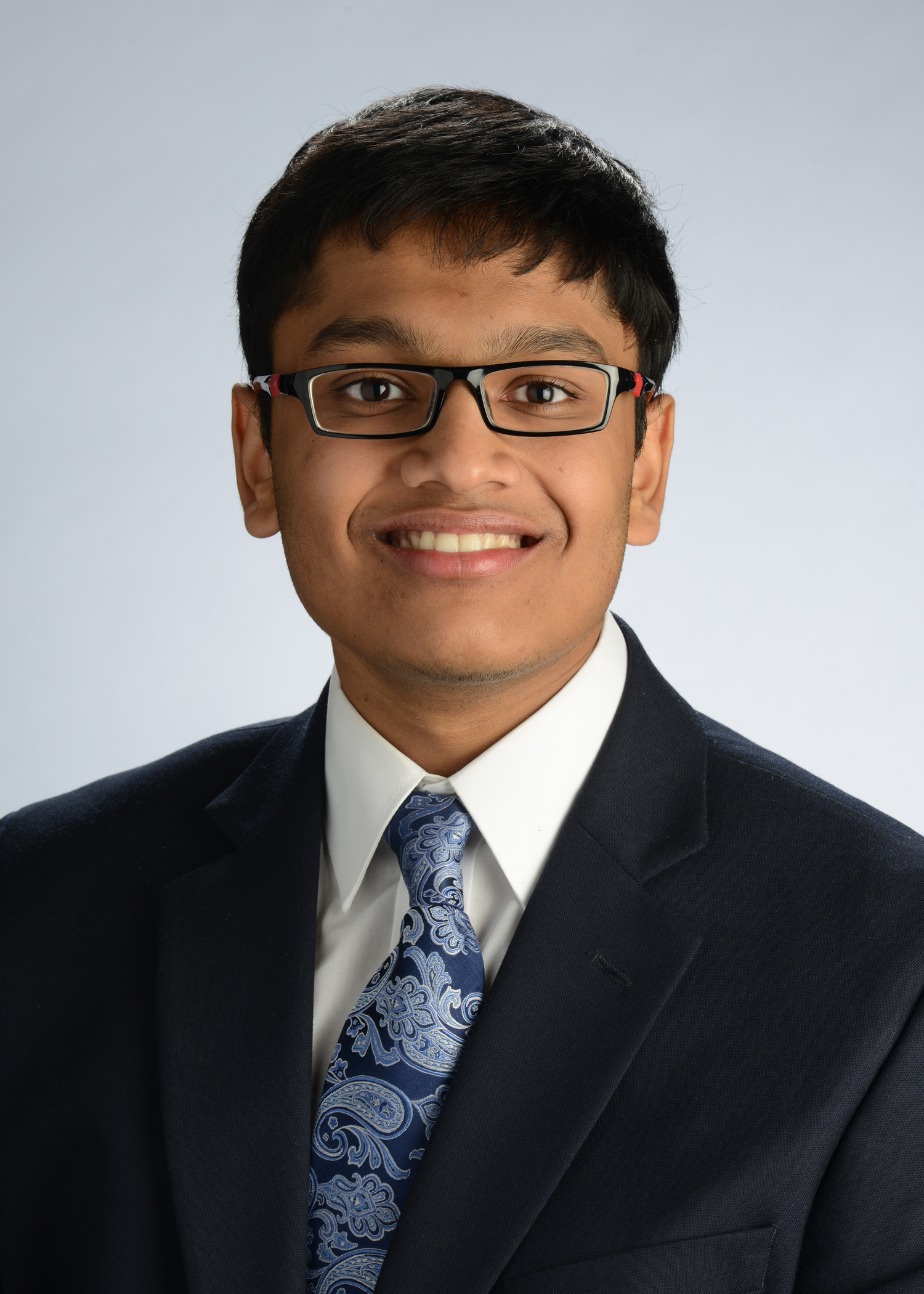
Vaithish Velazhahan
- Alumni
- United States
- 2018 PhD Biological Science at the MRC Laboratory of Molecular Biology
- Sidney Sussex College
As an undergraduate at Kansas State University double majoring in Medical Biochemistry and Microbiology, I worked in the lab of Dr. Kathrin Schrick where I pursued multiple independent projects. I used biophysical tools to characterize direct targets of dietary flavonoids, which are abundantly found in fruits and vegetables and are known to possess anti-cancerous properties. This project emerged from my quest to understand protein-flavonoid interactions. As the only person conducting this research, I had to teach myself a lot of different techniques and face numerous challenges, but in the process I developed a great love and appreciation for the visualization of protein structures. During my PhD in the MRC Laboratory of Molecular Biology (LMB), I will be using electron cryo-microscopy to uncover new structures of activated states of G protein-coupled receptors (GPCRs). Over 40% of commercially available drugs target GPCRs; therefore, it is important to understand their structures to design new drugs to treat a variety of human diseases. I am very excited to contribute to advances in electron cryo-microscopy, and I am grateful for this opportunity to work alongside and learn from world-class scientists in the LMB. Besides science, I enjoy working towards bridging global health disparities. I have worked with MEDLIFE in Peru and Ecuador, and I also run my own non-profit WE SAVE in India where we are developing technology to connect doctors with underserved patients.
Previous Education
Kansas State University
Marko Velic
- Alumni
- Croatia
- 2001 PhD Physics
- Churchill College

Marko Velic
- Alumni
- Croatia
- 2001 PhD Physics
- Churchill College
It is a great honor for me to be a Gates scholar, to have studied at the University of Cambridge. Bearing in mind that the policy of the trust is to help people, it is also a great responsibility for me in the future. I am very grateful for the help I have received from the trust in the hardship I was going through during my studying at Cambridge.
Marina Velickovic
- Alumni
- Bosnia and Herzegovina
- 2017 PhD Law
- Pembroke College
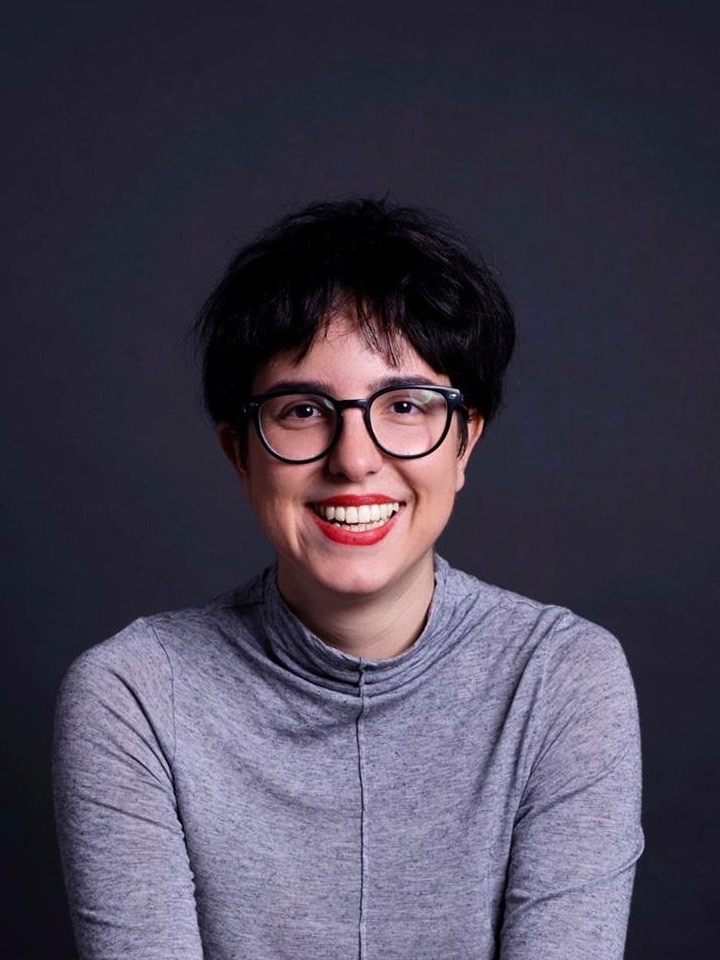
Marina Velickovic
- Alumni
- Bosnia and Herzegovina
- 2017 PhD Law
- Pembroke College
My interest in International Criminal Law as a field of study grew out of the internship I did at the ICTY, during my second year at the University of Bristol. I was fascinated by the discrepancies in practice of International Criminal Law and what I was being taught. I wanted to further explore this during my LLM at the LSE, where I researched how the ICTY produces a narrative about Bosnia as a gendered and ethnicized “other.” Since graduating from the LSE I have co-authored two books and co-founded the only feminist magazine in Bosnia. I am currently a Visiting Fellow at Goldsmiths College, where I am working on a feminist critique of the legal discourse surrounding Conflict-Related Sexual Violence. At Cambridge my research will explore ICL as a site of knowledge production through the prisms of Critical Legal Studies, Feminist Legal Scholarship and Third World Approaches to Law. This research is important because it will not merely explore how the ICTY produces knowledges about Bosnia that are ethnicized and gendered, but also at how these knowledges (and the process of their production) produce a certain truth about the wider project of International Criminal Law (ICL). I will seek to explore to what extent the very survival of ICL is contingent on the ascendance of particularly gendered and ethnicized knowledges to the status of truth. I am incredibly humbled to be the first scholar from Bosnia to be joining the Gates Cambridge Community.
Previous Education
University of Bristol
London School of Economics and Political Science
Ameya Velingker
- Alumni
- India
- 2010 MASt Mathematics
- Trinity College
Ameya Velingker
- Alumni
- India
- 2010 MASt Mathematics
- Trinity College
I am reading Part III Maths (MASt) at the University of Cambridge. I was born in India but have been living in the United States for most of my life. Just recently, I graduated from Harvard University with an AB in maths and an SM in computer science. My main research interests lie in the fields of analysis as well as theoretical computer science, which offers an interesting blend of mathematics and computer science. After completing Part III, I plan to enter a PhD program.
Meena Venkataramanan
- Alumni
- United States, United Kingdom
- 2021 MPhil English Studies
- Pembroke College
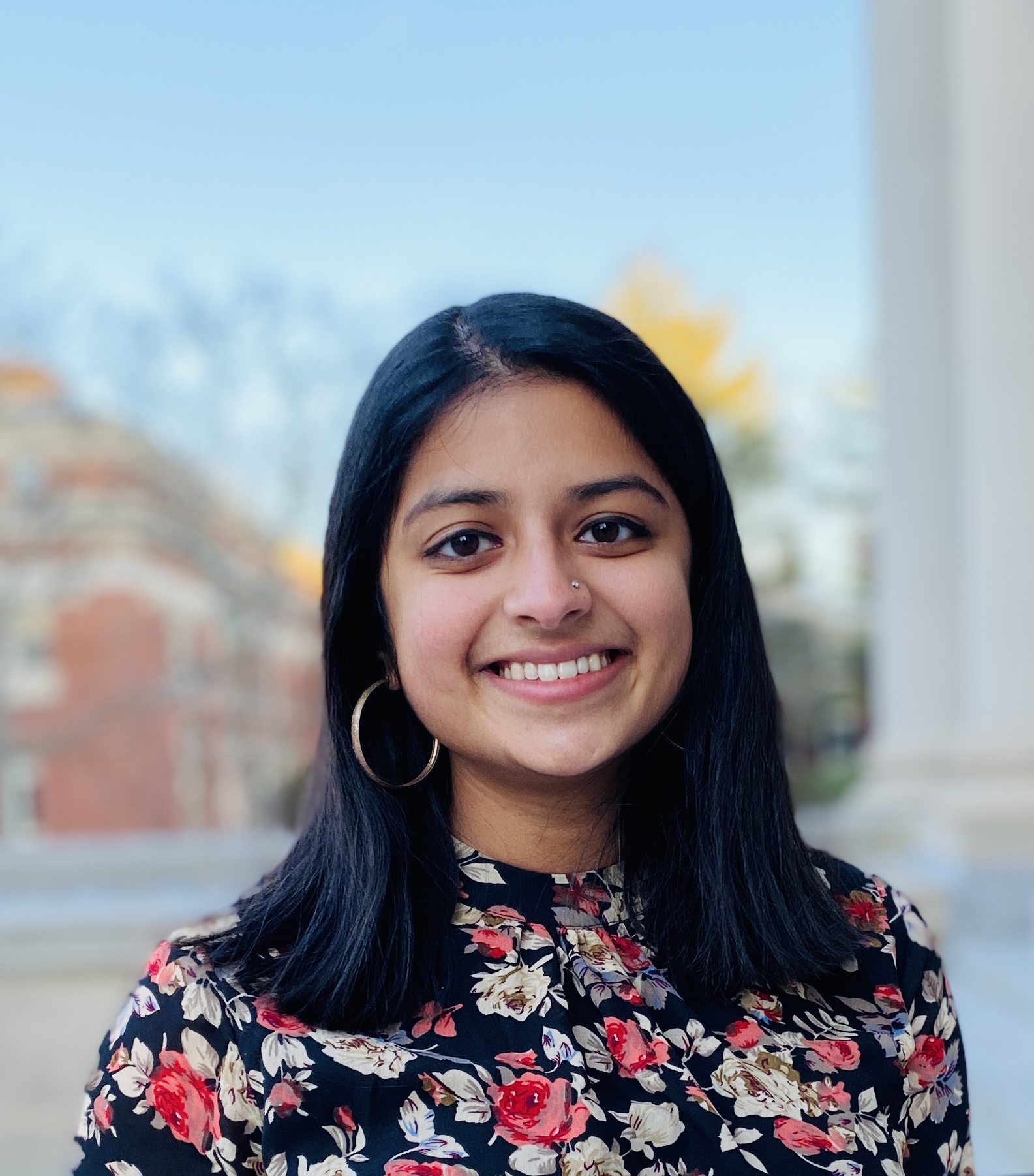
Meena Venkataramanan
- Alumni
- United States, United Kingdom
- 2021 MPhil English Studies
- Pembroke College
Previous Education
Harvard University English, South Asian Studies 2021
Divya Venkatesh
- Alumni
- India
- 2011 PhD Pathology
- Queens' College

Divya Venkatesh
- Alumni
- India
- 2011 PhD Pathology
- Queens' College
Previous Education
Newcastle University MRes Medical and Molecular Biosciences 2008
Bangalore University BSc Biotechnology 2007
Julie-Ann Vickers
- Alumni
- Australia
- 2002 PhD History
- Clare Hall

Julie-Ann Vickers
- Alumni
- Australia
- 2002 PhD History
- Clare Hall
Adrien Vigier
- Alumni
- France
- 2007 PhD Economics
- Queens' College
Adrien Vigier
- Alumni
- France
- 2007 PhD Economics
- Queens' College
My current research mostly relates to microeconomic theory.
Alejandra Vijil Morin
- Scholar
- Italy, Nicaragua
- 2024 PhD Education
- Hughes Hall
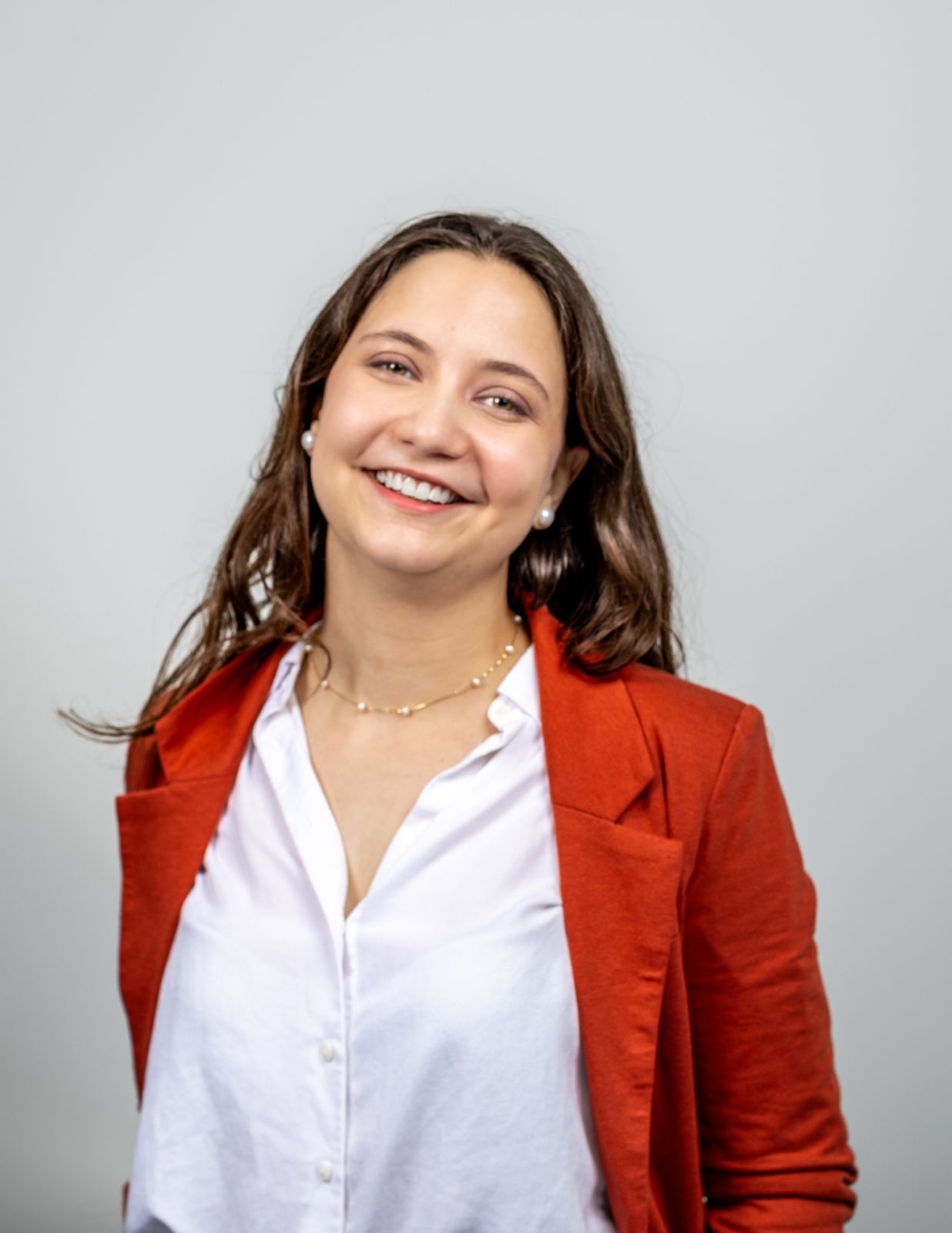
Alejandra Vijil Morin
- Scholar
- Italy, Nicaragua
- 2024 PhD Education
- Hughes Hall
I am a researcher, psychologist, and educator passionate about fostering safe, sensitive and playful conditions for learning. I studied Psychology in UCA, Nicaragua and later an MPhil in Psychology and Education at the University of Cambridge with a Chevening scholarship. I have worked as a teacher, therapist, researcher and implementer of educational projects in Latin America, the Caribbean, and sub-Saharan Africa. Coming from the Nicaraguan permanent state of emergency, I am confident in the transformative power of education and play to promote collective wellbeing and lasting peace. Instead of a deficit narrative regarding children in emergencies, my research proposal aims to acknowledge the creative ways in which children facing adversity use play. In the midst of pain, play sneaks in to offer not only a moment of joy, but agency over the narrative, control over the uncontrollable. Play offers the possibility to practice the strategies that allow children to overcome the adversity from which we have unjustly failed to protect them.
Previous Education
University of Cambridge Psychology and Education 2021
Universidad Centroamericana Psychology 2019
Júlia Viladevall Sánchez
- Scholar
- Spain
- 2024 PhD Haematology
- Downing College
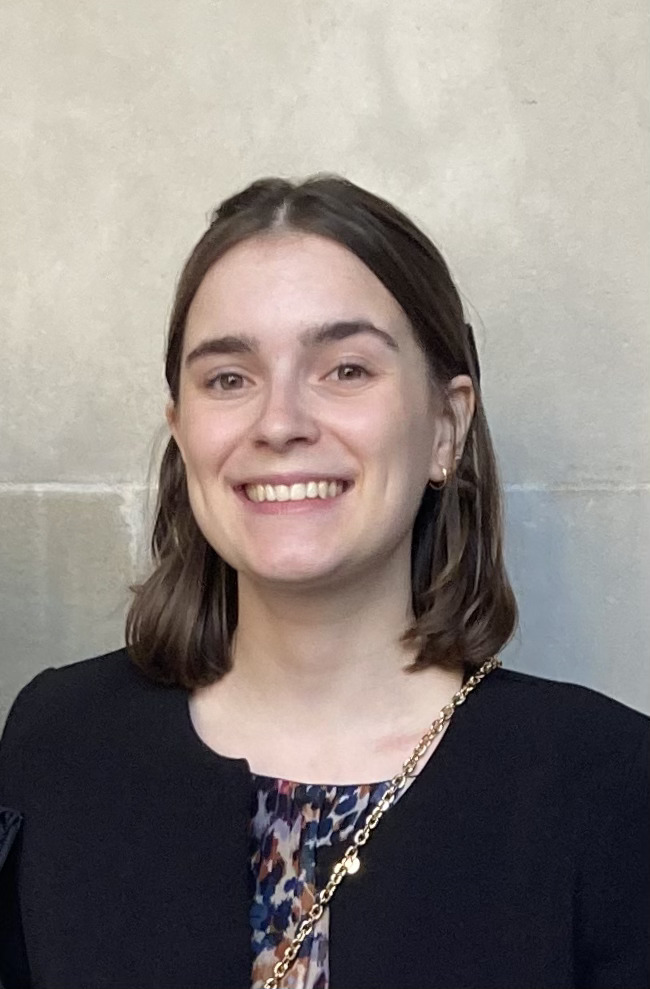
Júlia Viladevall Sánchez
- Scholar
- Spain
- 2024 PhD Haematology
- Downing College
My research experiences to the date have made me discover my passion for developmental haematology, a field that lies in the intersection between developmental, stem cell and cancer biology. My commitment to research in the field goes far beyond my academic training. As a former blood cancer patient, I aim to bridge the gap between haematology patients and researchers. I collaborate with the biggest blood cancer foundation in Spain, my home country, to teach blood cancer patients about their diseases in an understandable way. During my PhD at the University of Cambridge I aim to explore human blood stem cell fate decisions during foetal life, understanding their differentiation dynamics and the molecular underlying mechanisms. I feel honoured to have been chosen to be part of the Gates community. I am determined to keep working to produce high quality research in the field of haematology whilst engaging in the society to improve the quality of life of blood cancer patients.
Previous Education
University of Cambridge Stem Cell Biology 2024
Sorbonne Université Molecular and Cell Biology 2023
Universitat de Barcelona Biomedical Sciences 2023
Ana Maria Villaveces Galofre
- Scholar
- Colombia, Spain
- 2022 PhD Latin American Studies
- King's College
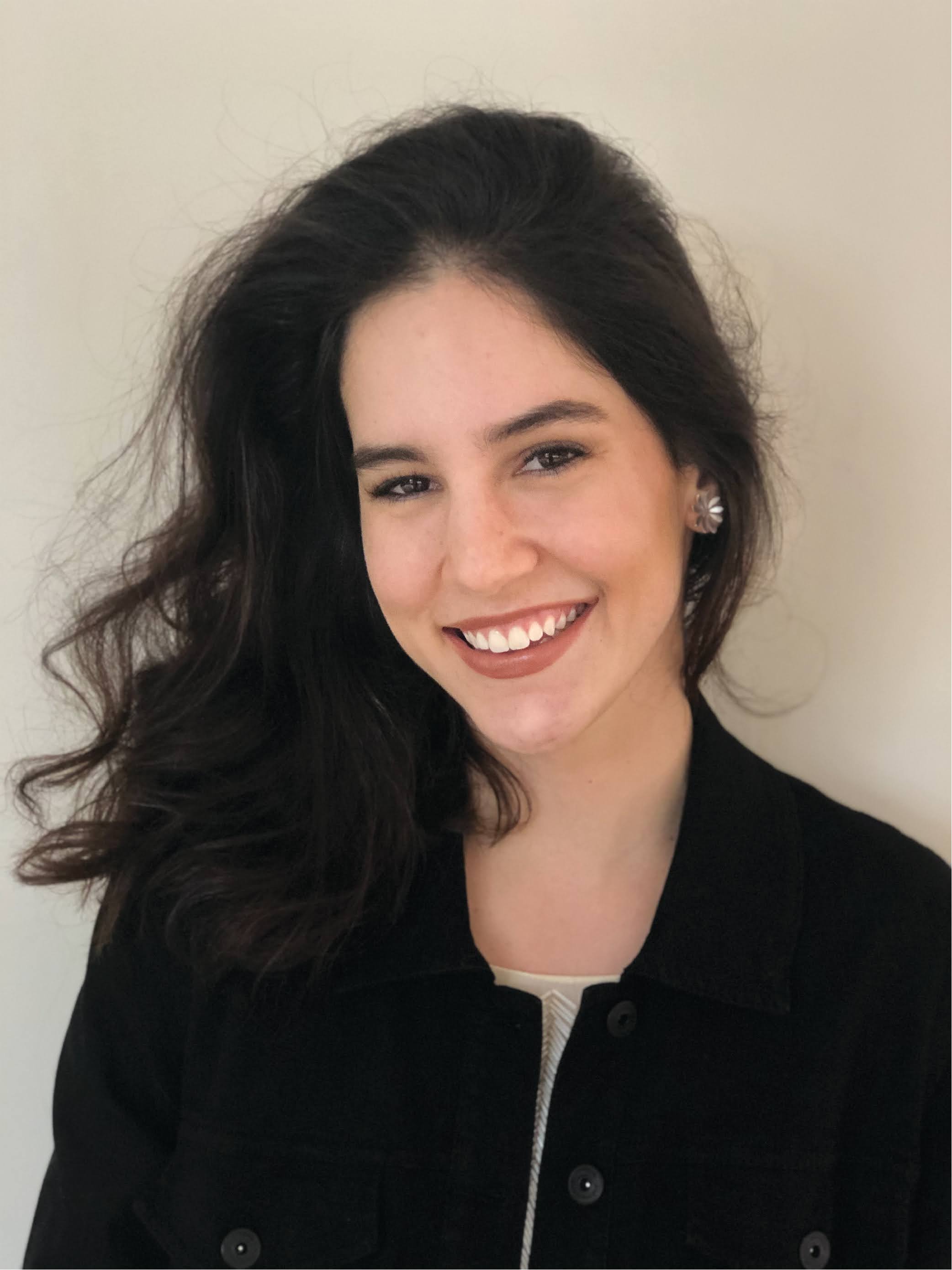
Ana Maria Villaveces Galofre
- Scholar
- Colombia, Spain
- 2022 PhD Latin American Studies
- King's College
I was born in Colombia in 1995. By then, armed conflict in the country was well underway and I was lucky enough to merely be caught up in the margins. Later, studying literature at Los Andes University I became deeply involved in both the history and the literary culture of my country, felt the need to look directly at the wounds scattered in our history. And so I wrote my undergraduate thesis on contemporary Colombian novels and the way in which fear is embedded into language. I chose to specialise in Latin American Horror in my MPhil at Cambridge. My commitment to my culture and Colombia’s past is tangled in my belief in the power of literature when it comes to facing pain, recognising trauma, and processing fear. Throughout my time as a PhD Candidate I plan to dig deeper into that belief. Further research into Latin American horror literature could change our understanding of historical trauma in Latin American countries and the ways in which cultures heal from horror. Perhaps looking directly at our wounds can help heal them; I hope my PhD —focused on contemporary horror novels—can attest to that.
Previous Education
University of Cambridge ELAC 2022
Universidad de Los Andes Literature 2020
Andreas Vlachos
- Alumni
- Greece
- 2006 PhD Computer Science
- Peterhouse
Andreas Vlachos
- Alumni
- Greece
- 2006 PhD Computer Science
- Peterhouse
I am a lecturer at the University of Sheffield, working on the intersection of Natural Language Processing and Machine Learning. Current projects include natural language generation, automated fact-checking and imitation learning. I have also worked on semantic parsing, language modelling, information extraction, active learning, clustering and biomedical text mining.
George Vogiatzis
- Alumni
- Greece
- 2002 PhD Engineering
- Trinity College
George Vogiatzis
- Alumni
- Greece
- 2002 PhD Engineering
- Trinity College
I am doing research within the subject of Computer Vision. Our greater aim is to one day build computers that can "see" but so far my research has been focused on extracting 3D shape information from visual data.








